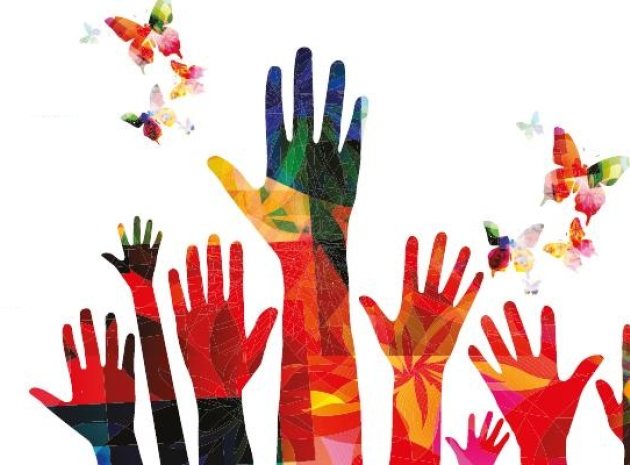There are some classic images that come to mind when we think about charities and schools. A cake sale to help fight cancer; the lunchtime pop up stall set up by the local youth club; maybe even a visit from a volunteer to talk to the students about issues like addiction or homelessness. Each of these reflects a reality about the relationship between the schools and the broad institution of charity; but there is a lot more going on.
In fact, we can break down charities’ interactions with schools into three groups: benefiting from fundraising, providing services and raising awareness of social issues.
Fundraising for local or national charities is a regular school activity, with some partnering up with colleagues in more deprived areas of the country, or in developing countries, to share proceeds. I would love to see a greater commitment from hard-working PTAs, particularly those in wealthier areas, to pass on a greater proportion of proceeds raised to schools in more deprived areas, or to outside causes. My heart sinks a bit to see funds sometimes going towards what seems to me nonessential revamping of facilities, whilst other schools struggle for the most basic equipment, or the local homeless shelter has to turn people away.
Services and support
Services range widely in focus, from addressing inequality, supporting the teaching profession or academic performance, supporting non-academic outcomes or working with vulnerable children, as outlined in a 2016 report by my organisation, the charity thinktank NPC. For example, the charity Youth Moves, based in Bristol, has been working for a number of years with local education providers. Its work focuses on life skills, such as communication, teamwork, and building resilience and confidence, through a wide range of school-based lunchtime and after school activities.
Some charities also provide very specialist support which can help young people succeed at school against all odds – Nottingham-based Imara supports children and young people who have been sexually abused, helping them recover from trauma, and also working with school staff to support the young people, alongside providing training on responding to child sexual abuse and to trauma in the school context.
Strong partnerships A new development is charities partnering with schools on systems change, with the goal of altering underlying structures such as policies, resources, or power structures, all to improve the response to a social problem. Save the Children UK’s Early Learning Communities programme aims to improve early learning outcomes for children growing up in poverty through systems change. The charity is focusing in on four communities in England and Wales – Feltham in West London, Margate, Newport and Sheffield – and has set up partnerships with local services including schools to explore how working together through a whole system approach can fundamentally change the way children living in poverty are supported to learn and develop.
Educational institutions are also increasingly bringing in charities to raise awareness of risks such as county lines with staff, parents and students. Schools are very well placed to spot needs but don’t necessarily have the resources or the skills to cater for them, so partnering with local and national services is a great way to improve support for students and their families. And in the meantime, of course, the UK’s school system is changing, having an impact on how charities and schools interact – the current system means that there are a number of potential commissioners of services to schools, as these can include local education authorities and multi-academy trusts, as well as the schools themselves. As we move towards a system entirely made up of academies, the routes for charities to go into schools will become more fragmented – but the relationship between them will hopefully survive, as new ways of partnering offer opportunities for both charities and schools to tackle the issues that matter to them.
About the author
Anne Kazimirski is head of measurement and evaluation at NPC (thinknpc.org), and leads the Youth Investment Fund evaluation and learning project.










